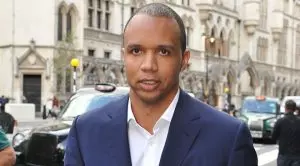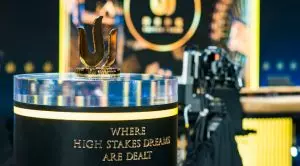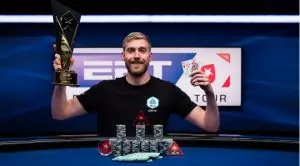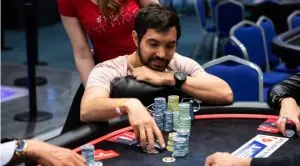 The legal battle between the world-famous poker player Phil Ivey and Genting Casinos UK is to be taken to the UK Supreme Court today. The Court is set to hear a legal argument in the case that will eventually determine if the £7.7-million winnings of Ivey must be paid out by the casino.
The legal battle between the world-famous poker player Phil Ivey and Genting Casinos UK is to be taken to the UK Supreme Court today. The Court is set to hear a legal argument in the case that will eventually determine if the £7.7-million winnings of Ivey must be paid out by the casino.
Last year, the poker player lost the case before the Court of Appeal, but earlier in 2017 the UK Supreme Court granted with him permission to appeal that decision. The one-day hearing has been scheduled for July 13th. Now, the American poker player is to challenge the Court of Appeal’s majority decision, under which his case against the owners of London’s Crockfords Club.
Such hearings of civil cases are allowed by the UK Supreme Court in case that the case would raise issues that would be generally important to the public. However, such a hearing would block the opportunity for a further appeal.
Back in November 2016, the Court of Appeal ruled that Ivey had cheated in a form of “advantage play” which ended up with him winning over £7.7 million. As previously reported by Casino Guardian, Ivey was suspected in cheating in a high-stakes baccarat game.
In August 2012, the American won over £7.7 million playing the card game Punto Banco, a variation of baccarat game, at the Crockfords Casino London. Over the game, the player and his playing partner managed to spot a small manufacturing defect on the back of the playing cards, which they took advantage of. Despite Ivey confessed that he had used a edge sorting strategy, he explained that he had never touched the flawed cards and more importantly, had never taken the strategy used as cheating.
Genting Casinos UK’s Crockfords Casino London, on their turn, refused to pay out the player’s winnings. What is more, Crockfords Casino London explained that it was fully unaware of the edge-sorting strategy used at the time by Ivey and claimed that the American poker pro had used it unfairly to boost the odds of the Punto Banco game in his favour. Since then, the casino has managed to keep its position as the winning side over the legal battles in court.
At the time when the case was at the Court of Appeal, the judges who heard it issued a split two to one ruling, which constituted that illicit methods were used by Ivey under section 42 of the UK Gabling Act of 2005. The case has attracted much interest in the gambling sector, as it was actually the first one since the implementation of the current Gambling Act and made local Court consider the Act’s section 42.
Ivey commented on the upcoming hearing in a statement distributed to the media, saying that the Court of Appeal ruling in November 2016 made no sense to him. He also reminded that the ruling was not unanimous, as the decision was made by a majority of 2 to 1. The American poker player also expressed his hope that the ruling of the UK Supreme Court would be in his favour and he would finally be able to get his winnings.
- Author


